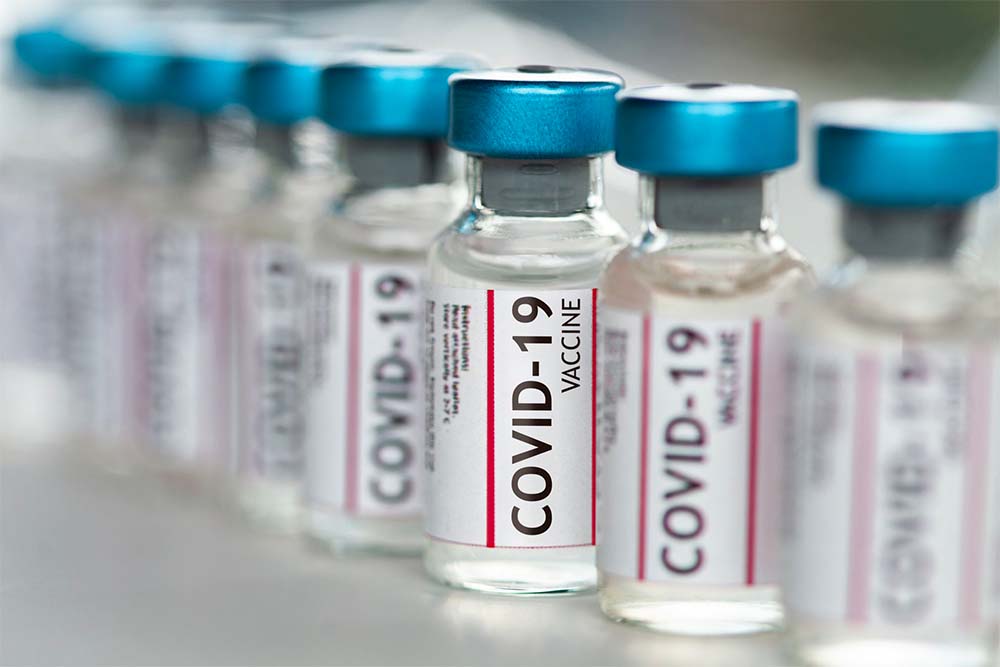
- Details
- By Native News Online Staff
ATLANTA — The Centers for Disease Control and Prevention (CDC) on Monday released its guidance for those who fully received the Covid-19 vaccination.
You are considered fully vaccinated after two weeks from your last shot. For those who receive the Pfizer or Moderna shots must have two shots. Those who receive the Johnson & Johnson vaccine only have one shot.
The following guidance is from the CDC website on this update:
If you’ve been fully vaccinated:
- You can gather indoors with fully vaccinated people without wearing a mask.
- You can gather indoors with unvaccinated people from one other household (for example, visiting with relatives who all live together) without masks, unless any of those people or anyone they live with has an increased risk for severe illness from COVID-19.
- If you’ve been around someone who has COVID-19, you do not need to stay away from others or get tested unless you have symptoms.
- However, if you live in a group setting (like a correctional or detention facility or group home) and are around someone who has COVID-19, you should still stay away from others for 14 days and get tested, even if you don’t have symptoms.
While the guidance allows for more freedom, the CDC advises to still wear a mask when you go in public, stay at six feet apart from others, avoid medium to large crowds and poorly ventilated spaces.
The guidelines were not meant to allow freedom to travel. The CDC still recommends you delay domestic and international travel. If you do travel, you’ll still need to follow CDC requirements and recommendations.
As of Monday, some 31 million people have been fully vaccinated or about 9 percent of the population. Among American Indians and Alaska Natives, 533,854 have received one shot; while 292,997 have been fully vaccinated.
More Stories Like This
Chumash Tribe’s Project Pink Raises $10,083 for Goleta Valley Cottage Hospital Breast Imaging CenterMy Favorite Stories of 2025
The blueprint for Indigenous Food Sovereignty is Served at Owamni
Seven Deaths in Indian Country Jails as Inmate Population Rises and Staffing Drops
Sen. Luján Convenes Experts to Develop Roadmap for Native Maternal Health Solutions

